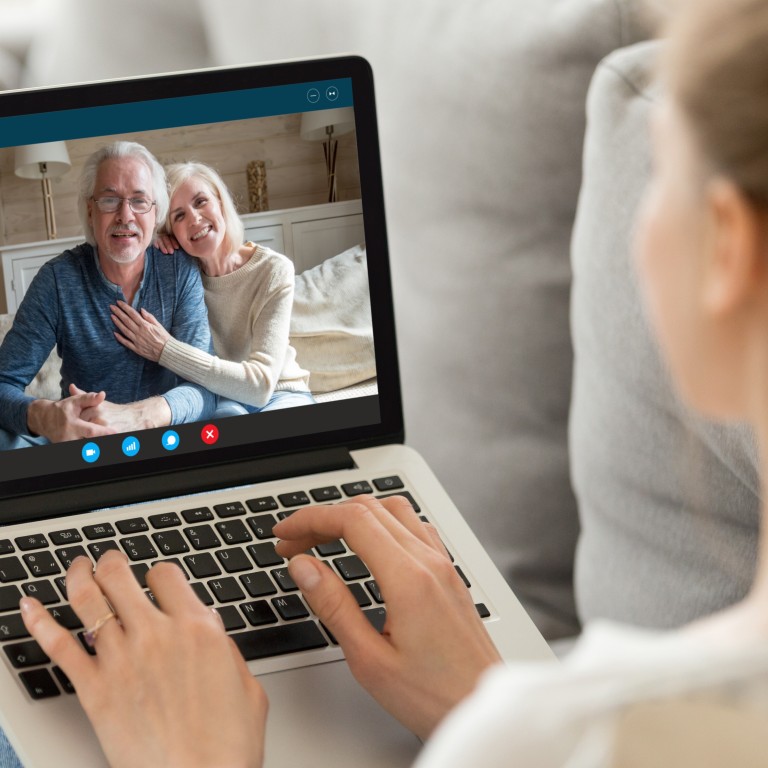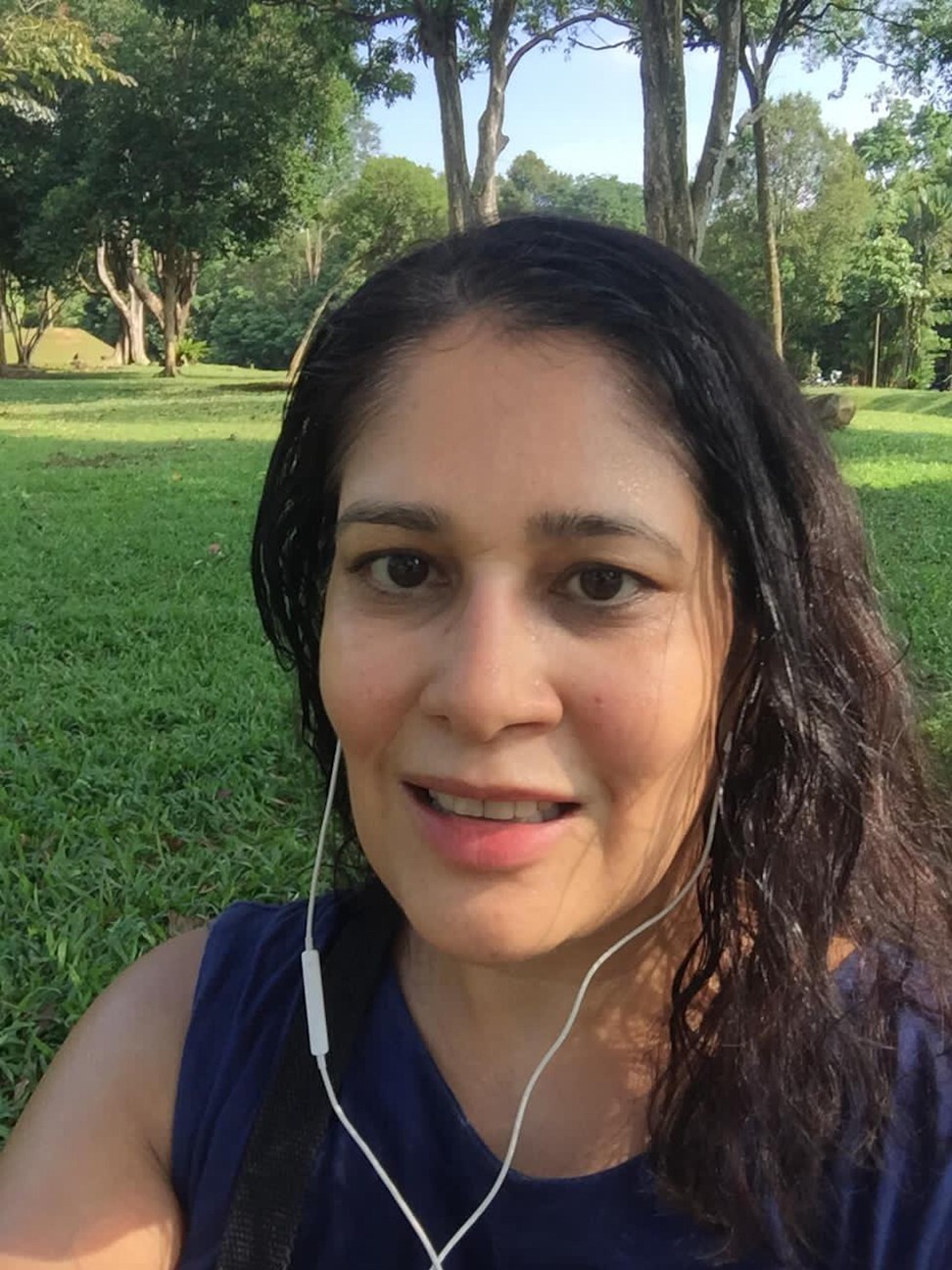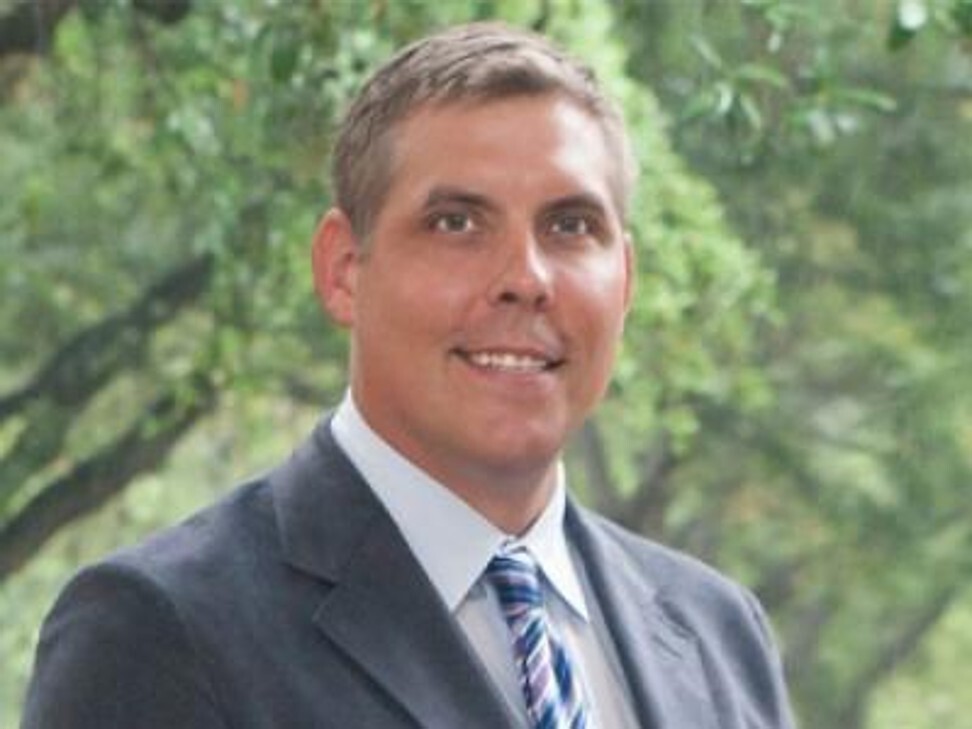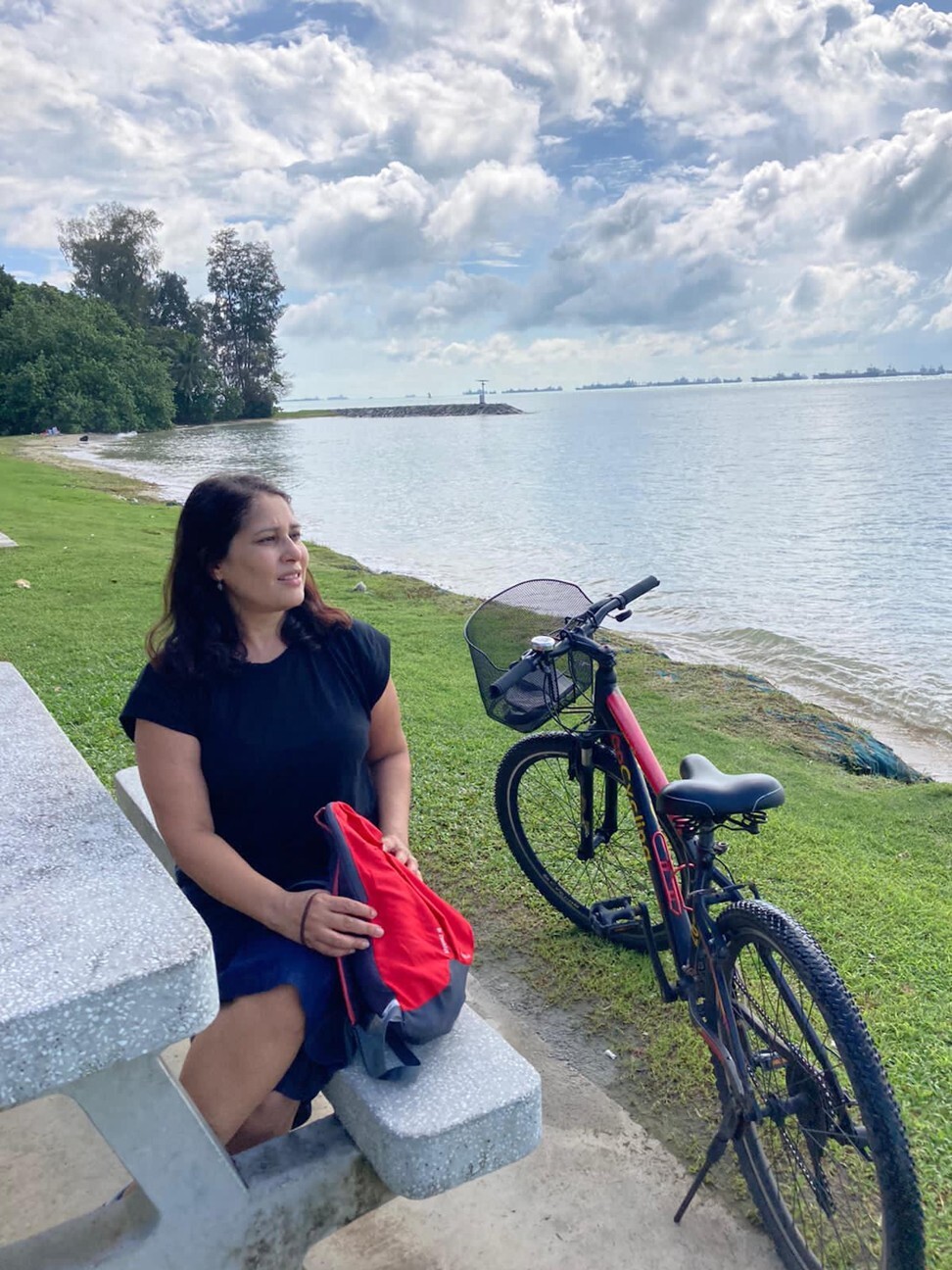
Protect your mental health during and after the pandemic: be open with your emotions, practise mindfulness and remember it won’t last forever
- Even after vaccinations bring the pandemic to an end, many will struggle with the effects of social isolation, financial insecurity, ill health and loss
- Experts suggest safeguarding your mental well-being by adopting a positive attitude and learning to be emotionally resilient
Since the Covid-19 pandemic began, Savita Gupta has been mindful about protecting herself against excessive worry and anxiety. Months of being confined in her Singapore neighbourhood and not being able to see her friends and family, coupled with the panic she experienced over the growing number of infections, made her fearful about what lay ahead.
“It was hard to accept that this was going to be our new reality for a long time to come,” says the speech and drama teacher. “I couldn’t go to the gym, had to cancel my travel plans, and couldn’t physically be in class with my students. With my regular routine out the window, I felt like I’d lost my sense of purpose.”
Like so many of us, Gupta also worried about job security, the economy, and her family’s well-being. Questions flitted through her mind: Would there be a long and painful recession? What if my elderly parents, or my siblings overseas, contracted the virus? What if there was a second or third wave and we had to isolate at home again?

Gupta isn’t alone. Recent studies show that the pandemic has led to a rise in anxiety and depression, caused by bereavement, isolation, financial insecurity and fear.
Free mental health support amid Covid-19 offered via Mind HK
Research from the University of Houston in the United States, published in August in the journal Psychiatry Research, found that people with mental health vulnerabilities or disorders who “catastrophise” the pandemic, in particular, tend to amplify its actual stress impact, increasing their mental health symptoms and putting them at a higher risk for chronic illness and substance abuse.
“That sets in motion a future wave of mental health, addiction and worsening health problems in our society,” says one of the researchers, Michael Zvolensky. “It’s not going to go away, even with a vaccination, because the damage is already done. That’s why we’re going to see people with greater health problems struggling for generations.”

Hong Kong-based psychologist Dr Adrian Low Eng-ken believes that the pandemic has traumatised most of us in some way. He predicts that post-traumatic syndrome (PTSD) as a result of the pandemic will be a huge problem in Hong Kong by 2040 unless addressed.
He warns that untreated PTSD may lead to depression, and says that those most at risk are Covid-19 survivors, people who have lost a loved one, health care workers, people with a history of trauma or other mental health issues, and anyone who practised self-isolation.
With Covid-19 expected to continue affecting our lives for at least the next few years, there are ways to safeguard our mental health. “As time goes on and you feel like you’re losing control of your emotions, it’s important to remember three facts,” says Low.

“One, the pandemic – like other major health crises in the past – will not last forever, and – like previous economic recessions – this current recession is also temporary.
“Two, although more than a million people have died from Covid-19 and many millions more have been infected, the vast majority of the world’s 7.7 billion inhabitants have not contracted the virus.
“Three, you have the power to change your thoughts and feelings.”
Art as therapy: how you can use it to beat the pandemic blues
To reduce pandemic-induced stress, you should also be open with your emotions, be aware of how you’re responding to them, and take valued or mindful action, according to a study from the University of Iowa in the United States, also published in August, in the Journal of Contextual Behavioral Science.
Clinical psychologist Emily Kroska from the university’s department of psychological and brain sciences led the research project. She says that people who take this “open-aware-mindful” approach are more psychologically flexible and better able to roll with the emotional punches the pandemic inflicts.
She explained: “If you are creative with trying to talk with your family remotely instead of in person, but you’re resentful about it the whole time and think it sucks, that’s going to cause more distress.”
But if you’re willing to say, ‘OK, this isn’t what we were exactly hoping for, but we’re going to make the best of it,’ it will help to calm everyone and feel more satisfying.

“That’s the values and the openness piece. It’s the combination that’s required … really what it comes down to is, can you adapt? Can you do what matters even when it’s challenging?”
Kroska counsels patients affected by distress stemming from the pandemic, and says it’s natural for people to be anxious.
“People don’t want to be distressed, but they’re going to be during this pandemic,” she says. “Being flexible and continuing to do what is important to you even during these difficult times is … associated with less distress. I think people are desperate for anything that will help them feel less stressed out.”

For Gupta, who is slowly adjusting to the new “Covid-19 normal”, maintaining a positive attitude is key to avoid falling into the grip of frustration, anxiety and despair.
“Finally, I remind myself that this will come to an end at some point and we just have to ride it out. I don’t know what the future holds but I try to focus on the ‘here and now’ and remind myself that I’m incredibly blessed to still have my health, family and job.”

